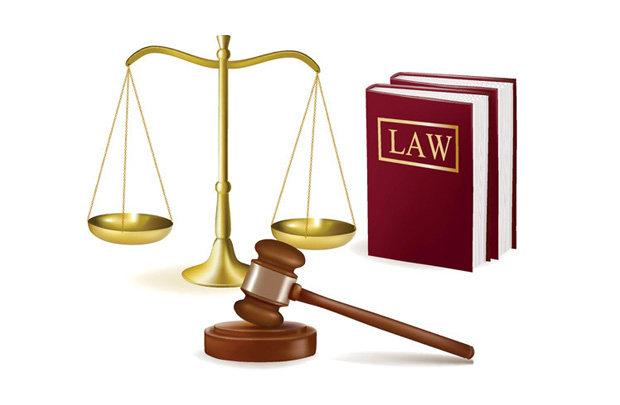What Is Traditional Knowledge?
Traditional Intellectual Property or traditional Knowledge has not been specifically defined in reviewed literature. In a broad sense, it is composite in nature encompassing both tangible and intangible Spiritual) aspects. For example, a typical traditional healing process may involve the following steps:
– The use of herbal preparations or concoctions which involves medicinal knowledge and knowledge associated with traditional resources.
– Chanting of traditional healing and dancing traditional dances.
– The dance may be performed on a traditionally designed mat.
– The traditional medicine practitioner may be dressed in traditional apparel.
– There may be libation and invocation of ancestral spirits or gods.
A survey conducted in January-April 2011, indicated that the term traditional knowledge when used in Ghana include the following traditional medicines, food and food preservation, diversity conservation, farming systems, ethno veterinary, language, music, dances, arts and craft, indigenous artifacts, rituals, taboos, fashion, traditional art system and symbols. The key component of TK is the fact that it is passed on from one generation to the other. It is through the process of transfer that it becomes firmly embedded in society.
For academic and legal purposes as it is for convenience, the hitherto broad nature of traditional knowledge has been generally divided into two parts namely traditional Knowledge (strict senso) which deals with the “scientific” aspects of lndigenous knowledge such as traditional medicines, ethnoveterinary, food preservation, biodiversity conservation etc.
The second part being Traditional oral Expressions or Expressions of folklore which has been a source of creative ideas especially for the creative industry such as the performing arts, etc.

